Quality & Regulation
With over 85 people, we work daily to develop and share nutritional knowledge for farm animals. With its knowledge and expertise, SFR is the worldwide organization for research into optimal animal nutrition, in which, in addition to production results, animal health and welfare, environment and quality are the starting points.
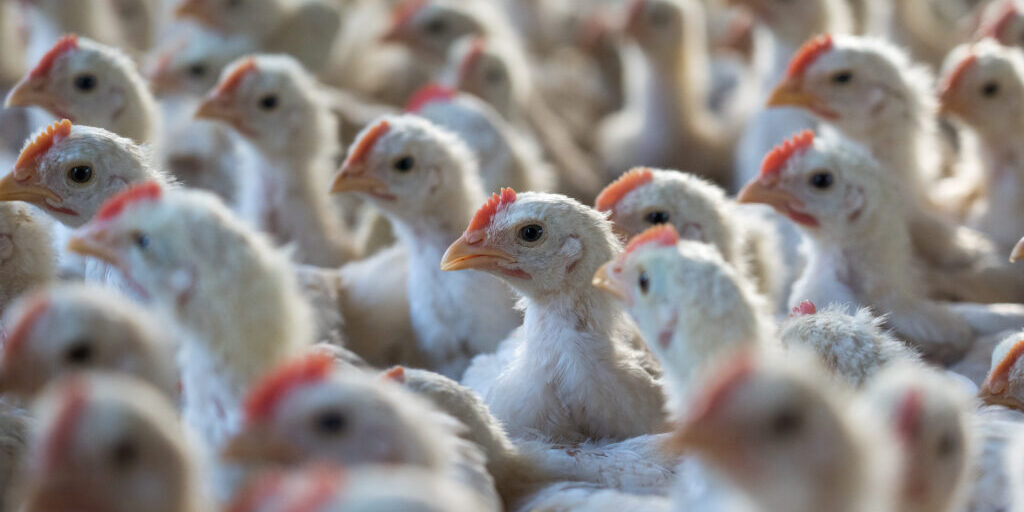
SFR was founded in the 1930s by agricultural organizations, as a control body for compound feeds. Over the past 80 years, SFR has been able to develop into a global player. In many countries, the production of compound feeds is based on SFR’s knowledge, making compound feeds more efficient for both the animal and the environment.
The research of SFR
We develop nutritional knowledge and implement it together with our customers. We are at the base of many innovations, through our research new and innovative feed concepts are developed worldwide. SFR has several regular stables for both cattle, poultry and pigs. These stables meet all the standards and animal welfare requirements that apply in the Netherlands. Production is marketed through standard channels, just like other livestock farms. Each farm (dairy cattle, poultry and pigs) has its own farm manager who has full focus on operations.
SFR conducts research into:
- the feed value of raw materials
- the nutritional needs of highly productive animals
- digestive physiology
- the quality of various raw materials
- the effect of feed on animal health and welfare and the environment
In consultation with our clients, we translate this knowledge into customized advice. This is how we have developed into a reliable partner for innovative animal feed producers worldwide. It is the strategy of SFR, to belong to the group of best independent partners of the compound feed industry, to feed the world efficiently and responsibly.
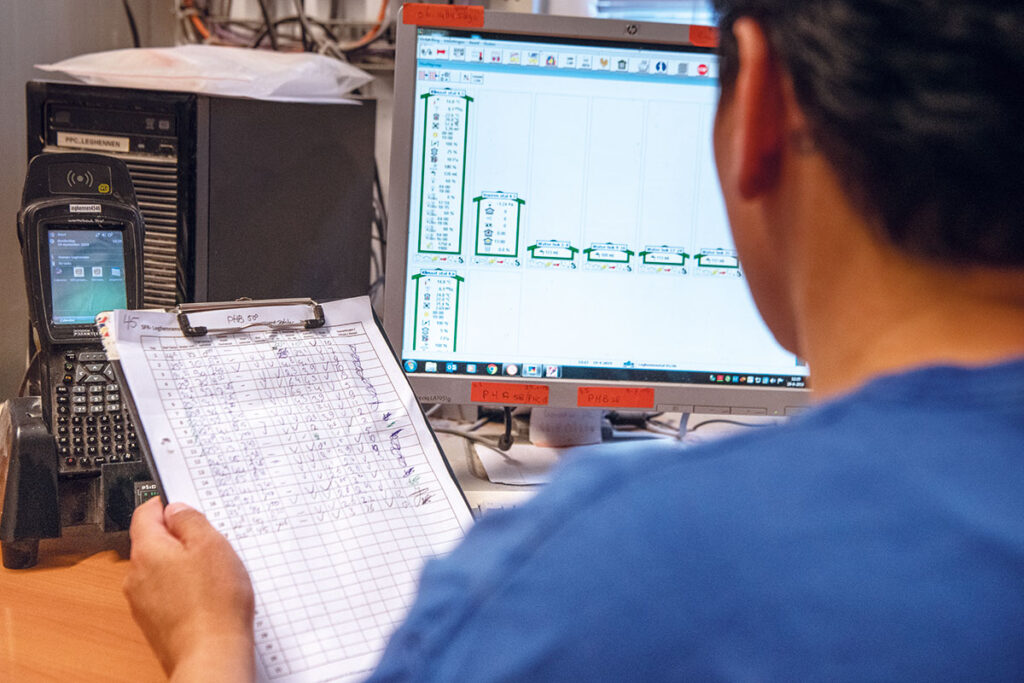
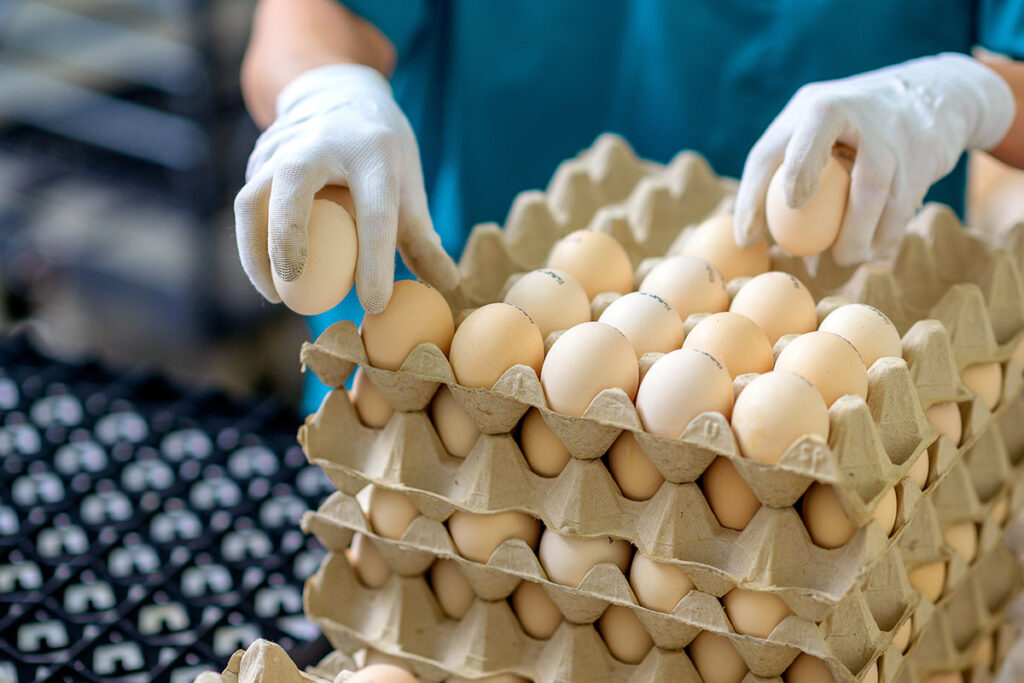
Several types of research are conducted at SFR. Most research is done by observing and weighing the animals under regular conditions. For example, the feed is weighed exactly and seen what it does to the animal. Additives are sometimes incorporated into animal feed to improve the quality of the feed or the welfare of the animals, these include enzymes, essential oils or amino acids. Before these additives can be marketed, a registration trial must be conducted. Within these registration trials, the effect of the additive is examined: how the animals absorb the feed and what effect this has on health, production and welfare. For this, the animals are kept in practical conditions without discomfort from the research.
Quality and control
The welfare of the animals is of great importance to SFR, various protocols and proper training of the staff ensure this. Within each study, the 3 Rs are assessed; replacement, reduction and refinement. With these 3 R’s, the aim is to keep the number of experimental animals as low as possible. If the research can be done in a different way so that no animals are needed, this is chosen. We are constantly looking at ways in which the research can be done so that the discomfort to the animals is minimized and a minimum number of animals is needed.
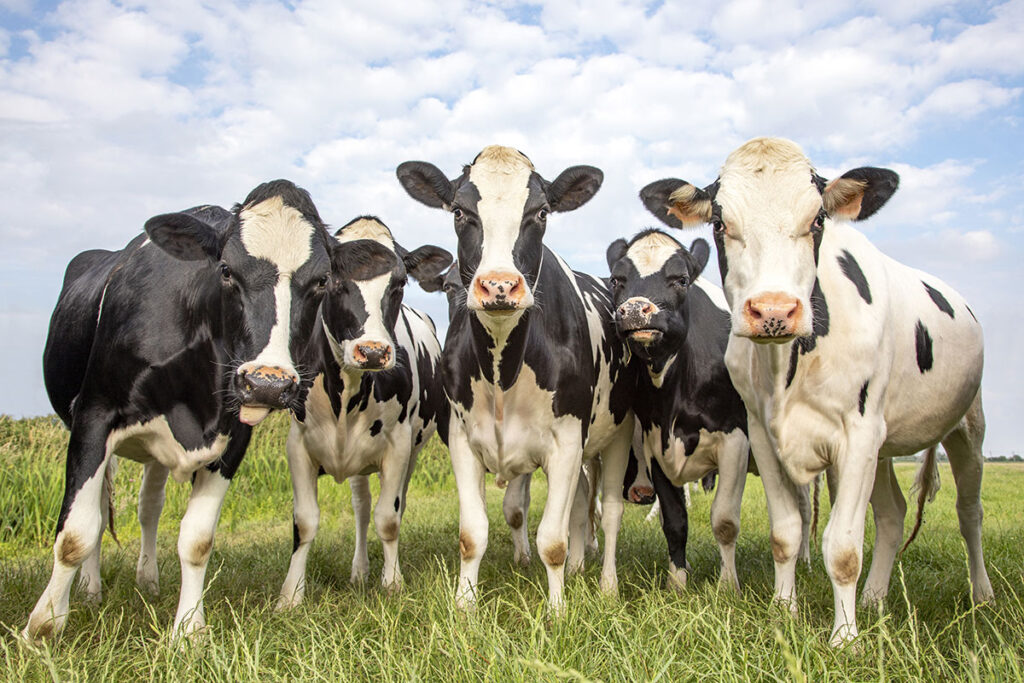
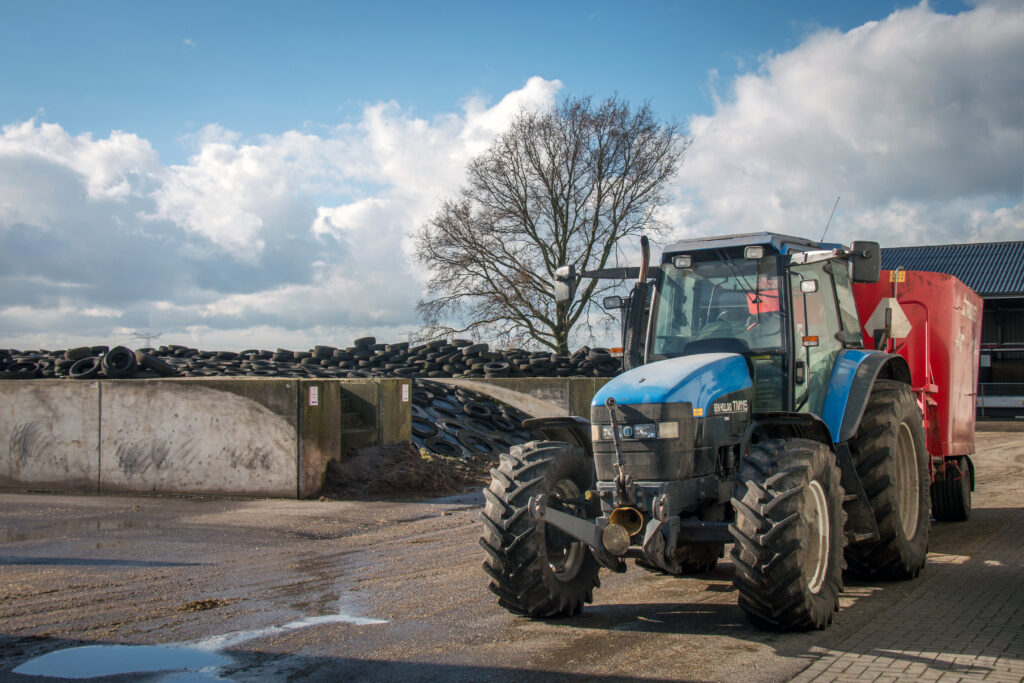
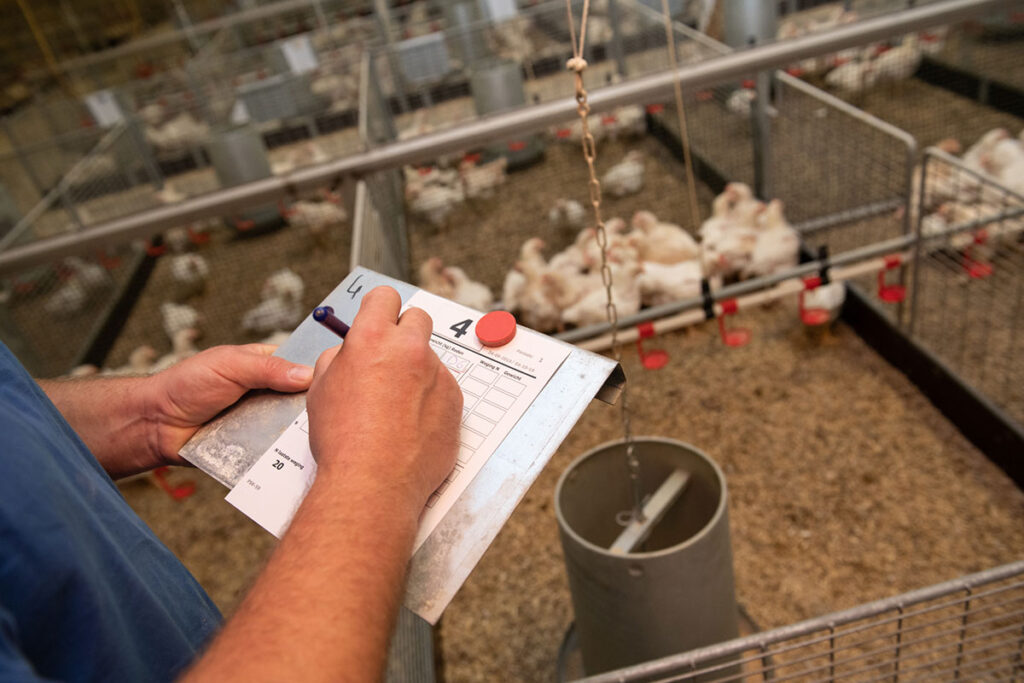
Despite all the innovations and developments, it is not possible for SFR to conduct research without experimental animals. The interaction between feed, microbiotics and the immune system cannot be tested in laboratory studies. Digestion studies can often only be done through target animal studies (in a live animal of the same species). Because the digestive process in the animal in field barn is so complex, it cannot be replaced by a laboratory study. SFR’s animal studies, like all animal studies in the Netherlands, are subject to strict legal conditions. Any research in which laboratory animals are necessary is reviewed by internal Animal Welfare Authority and then ethically assessed by the Central Committee on Animal Testing (CCD). Only with a permit from the CCD can a project proceed. In addition, SFR, like other livestock farms, is constantly monitored by the IVD and NVWA for regulatory compliance.
In order to keep SFR’s research sustainable, it is important to keep innovating. For example, SFR combines the use of in vitro research with the existing in vivo research, this minimizes the need for laboratory animals.